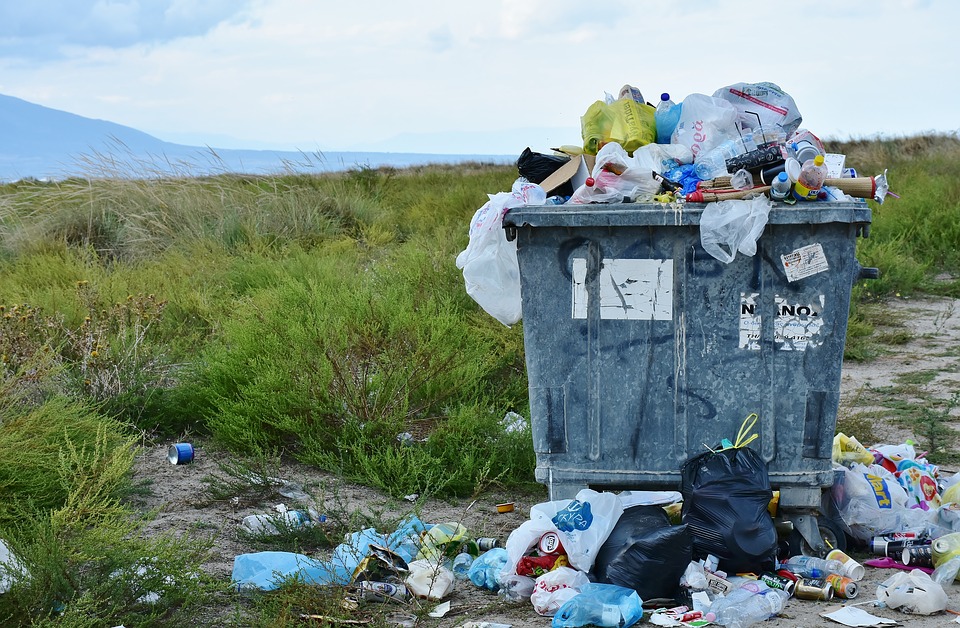Investment in recycling education will have an instant impact on our environment. This will lead to more sustainable waste management, environmentally friendly approach to our daily activities and safer surroundings to live in.
This comes from a concerned student, sophomore Stephanie Lopez, an environmental studies major, who writes that dirty plastics cause issues for recycling facilities, which makes processing them more difficult and costly.
Being environmentally conscious is increasingly becoming important in our day-to-day life. This is because of the accelerated rate of pollution that has resulted in a significant increase in the rate at which species are becoming extinct. It has also resulted in some species becoming endangered leading to governments intervening to protect these species.
The key challenges now become sensitization of the public about the importance of environmental. How many people know how to properly dispose of their waste? Do they know about different wastes? Do they know about the proper way of disposing of metals, plastics or liquid wastes? How about glasses?
Importance of recycling education
The main challenge about sustainable waste management is the fact that many people are ignorant about what happens to their waste once they leave their dustbins. Indeed everyone needs recycling education.
The rash of sea creatures turning up dead at sea due to entanglement or having choked with plastic packaging materials gives a grim picture of man’s negligence and lack of care for the environment.
Plastic waste kills up to a million seabirds a year. As with sea turtles, when seabirds ingest plastic, it takes up room in their stomachs, sometimes causing starvation.

A sea turtle found in the Pacific Ocean had this debris in its stomach, according to The Ocean Cleanup, a foundation.
To many people, it is none of their business what happens to their trash, and to be honest, one cannot blame them. However, it is very important for the public to know that their waste may have adverse effects on the environment if disposed of incorrectly.
This may end up affecting other animals in harmful ways that may take decades to repair. This challenge is why people need to be educated about how to take care of their environment.
Numbers printed inside the triangle label of every plastic product
Plastics, as an example, undergo a very complex process once they live your dustbins. There is a number printed inside the triangle label of every plastic product. If you are observant enough, you might have noticed this number.
The number ranges from 1 to 7 and it is used to determine how easy to difficult the plastic product is, to recycle with 1 being the easiest. This means that for a recycling plant, these plastics are sorted based on this number and are recycled differently.
Such minuscule details like the example of plastic above are very important for people who work in recycling plants. This ignorance is not just from the public and a good example is an arrangement that the US had with China.
The US would export recyclable plastic products to China to be recycled. However, in the last few years, China has been cutting on the volume of waste they have been taking. The US, being under-resourced in recycling, has resulted in dumping in landfills. This will impact the environment.
Recycling education, therefore, should be given a priority as this will address future problems that might result in sustainable waste management. Investments in recycling plants should also be undertaken by the government to ensure that waste is not being dumped in landfills, rivers, lakes or oceans. A lot has to be done to achieve sustainable waste management, but we have to start now if we want to save our environment.
Japan plans to flush its garbage to the sea in 2022 for lack of another option. Where are you in the mesh of things? Are you environment-conscious? Do you realize the potential dangers of waste, particularly plastics, in the environment?







